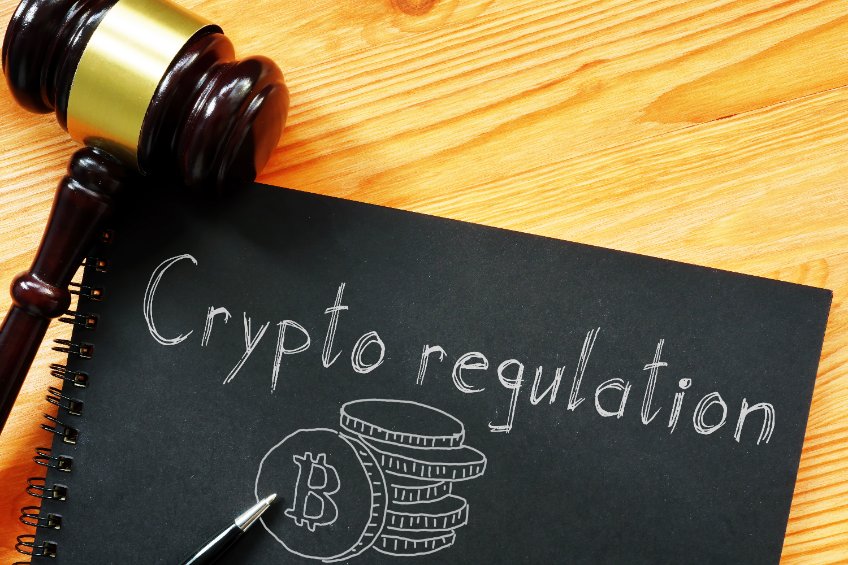
Each country around the world is looking at regulating cryptocurrencies independently, but Mairead McGuinness said it is time to look at global regulation of crypto.
Mairead McGuinness, the European Commission financial-services commissioner, told the Financial Times in a recent interview that they need to look at global regulation of cryptocurrencies.
According to McGuinness, there could be financial stability problems if cryptocurrencies are not regulated. She added that regulating the crypto industry would need to be a global effort in order for it to be effective. McGuinness said;
‘We do need to see other players also legislating … perhaps differently, but with the same objective. … We need to look at the global regulation of crypto. There would be a lot of concern at a European level as to [what would happen] if crypto were not to be regulated.”
Her comments come just a week after she visited the United States and met with CEOs of several European banks in the United States. At the time, she said;
“With a busy EU financial regulatory agenda, it was great to hear U.S. perspectives on work being done in the EU on sustainable finance and digital finance.”
McGuiness shares the same line of thought with the European Central Bank (ECB). In May 2022, the ECB said unbacked cryptocurrencies like Bitcoin point to a growing threat to financial stability.
The EU is ahead of other continents in terms of cryptocurrency regulation. A few weeks ago, the European Council approved the Markets in Crypto-assets regulation (“MiCA” or the “Regulation”).
Regulators expect once MiCA comes into play next year, it will establish a harmonised crypto regulatory framework at the European Union level.
MiCA will also become the first pan-national instrument worldwide that will lay down a regulatory framework for crypto assets issuers and crypto assets service providers, as well as certain types of crypto assets in general.
In the United States, the Securities and Exchange Commission (SEC) revealed last month that it had opened an Office of Crypto Assets to manage cryptocurrency issuer filings.

